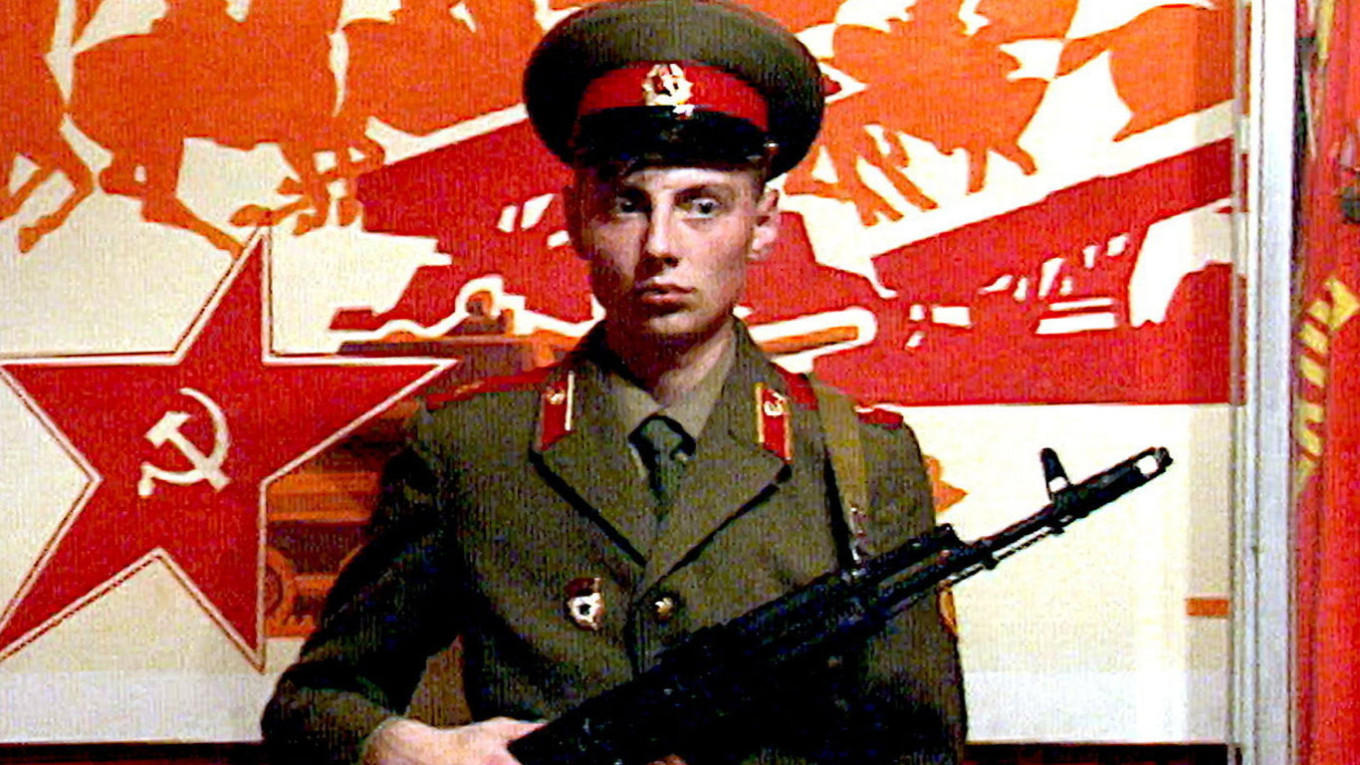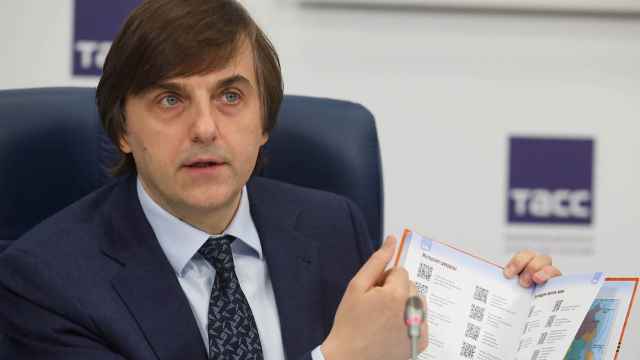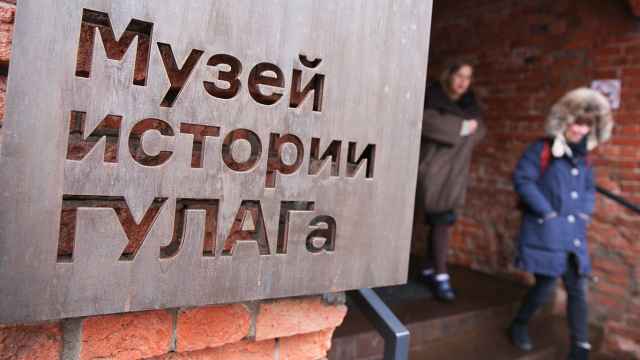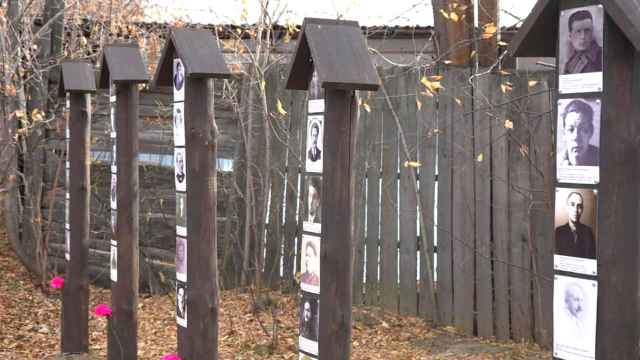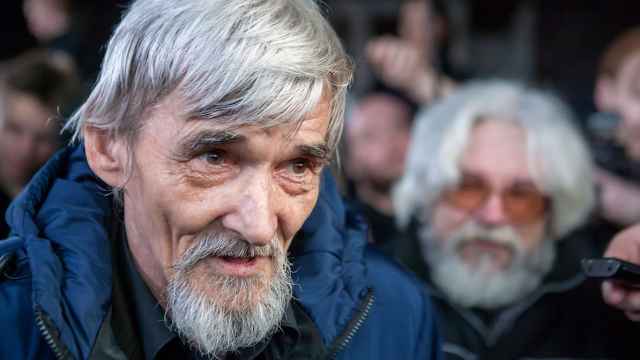Nobody can accuse Adam Curtis of lacking ambition in his new BBC series “Russia 1985-1999: TraumaZone.”
In a harrowing seven-hour viewing experience made up entirely of archival footage, the British filmmaker attempts to recreate the atmosphere of the Soviet Union's final years and Russia's brief experiment with democracy.
While not as broad in scope as 2016's “Hypernormalization” or last year's “Can't Get You Out of My Head,” both of which attempted to tell sprawling stories of societal change over decades, “TraumaZone” seeks to show "what it felt like to live through the collapse of communism and democracy" — no small feat, even with the entire BBC Russia archive on hand.
Curtis foregoes his trademark voiceover and allows the extraordinary footage to speak for itself, limiting himself to flashing stark, often polemical interventions in block capitals to ensure the viewer is following his central arguments: namely that Russian democracy was dead well before Putin’s rise, and that the country's slide into authoritarianism over the past two decades was almost inevitable by the mid-1990s.
Those who didn't live through the events depicted in “TraumaZone” might have difficulty grasping just how bad things got in Russia. Curtis manages to illustrate the reality of the time with gruesome aplomb: in one scene, two men dig up the graves of German soldiers from World War II in the hope of finding something they can sell.
While it's far from a comprehensive history, “TraumaZone” offers a crash course on the fear, poverty and violence experienced by millions as one brutal-yet-familiar system was replaced by another that was equally brutal, but totally unknown.
The series is most successful when it hones in on tragic human stories shot over a period of months — or, in the case of Natasha, a child beggar on the streets of Moscow, over several years.
These vignettes include a teenager in jail for murdering her husband in self-defense; an elderly woman traveling to visit her sister in Chukotka one last time; and Cosmonaut Sergei Krikalev, who found himself effectively abandoned in space as the country responsible for returning him to earth had fallen apart.
Intercut with these longer stories are scores of fleeting glimpses into lives that might be unremarkable alone, but that together form a compelling tapestry, from nickel miners in Norilsk to sex workers in Moscow, and (for some reason) the frustrated attempts of the new president of Turkmenistan to gift a pedigree horse to the British Prime Minister.
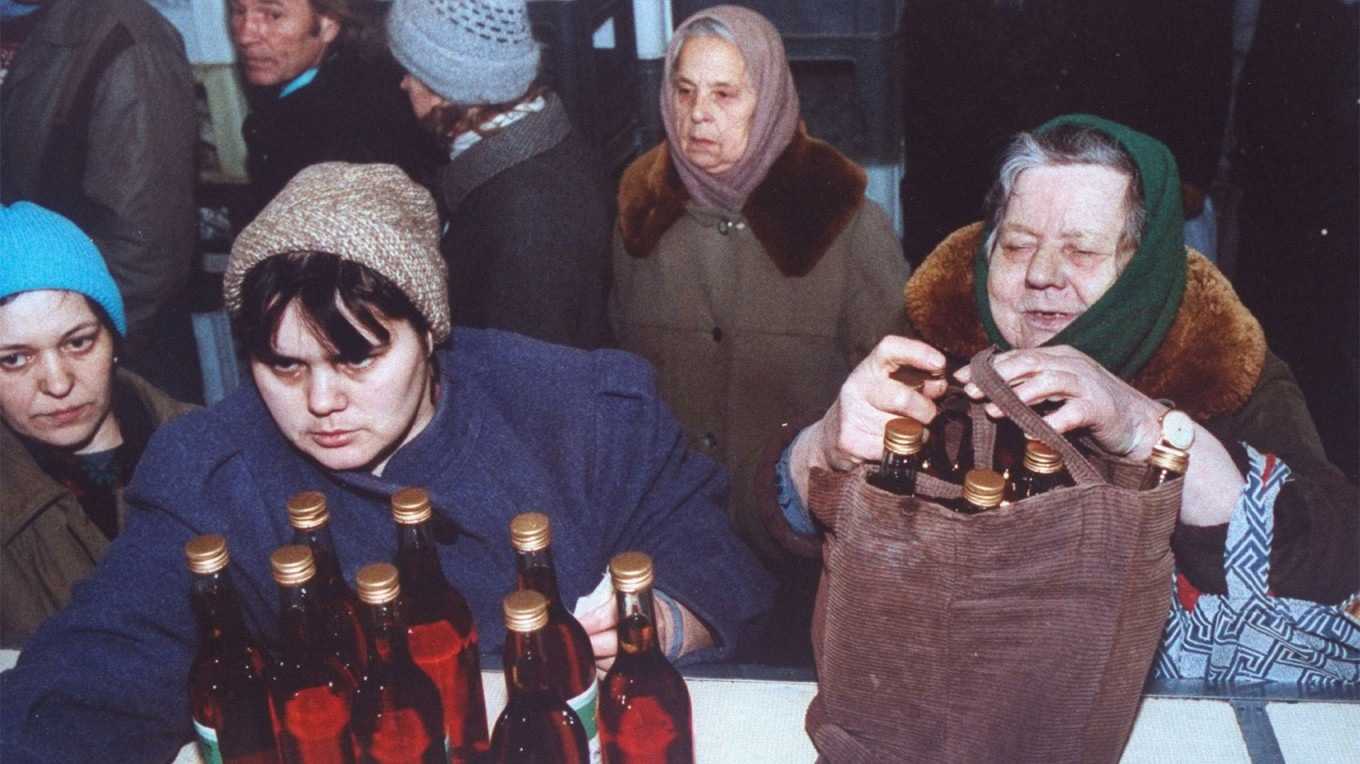
The human cost of the first Chechen War on both sides looms over the later episodes. In one particularly effective parallel storyline, a slain soldier’s mother attempts to recover her son’s body and forensic experts reassemble the skeleton of the murdered Tsar Nicholas II.
The mother, unable to claim her pension without her son's death certificate, has no choice but to watch video autopsies of hundreds of mutilated corpses recovered from mass graves months after their deaths in the hope of finding him. Meanwhile, the tsar and his family are buried in St. Petersburg — with no certainty that the remains are actually those of the Romanovs.
There are of course lighter moments too, and Curtis' eye for the surreal is especially well suited to his material: an American evangelist attempting to convert the inmates of a Ukrainian juvenile detention center is particularly wonderful, while the hapless committee charged with writing a new national anthem could have been a Monty Python sketch.
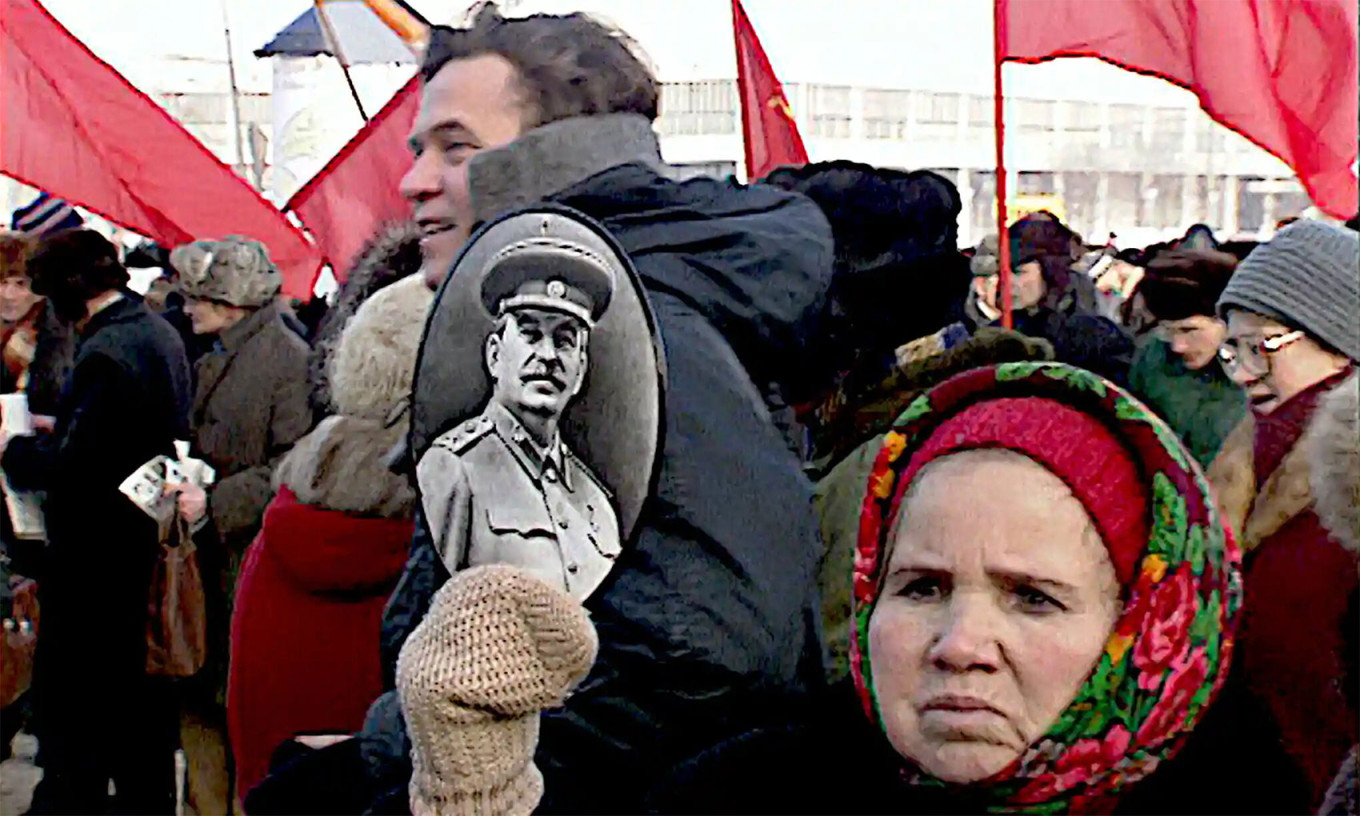
Putin isn't seen until the last 10 minutes of the final episode — appearing from nowhere, much as he did to Russians in 1999 — to reinforce Curtis’ view that the man who has dominated the country for the past two decades was almost incidental.
Despite his physical absence from the series, Putin's presence looms throughout. The fear seen in the eyes of KGB officers who suddenly find themselves forced to answer to the mob could easily be that of Russia's future president — the eyes of a man and a political class absolutely determined not to relinquish a shred of the extraordinary power granted to them by the Soviet system.
As a piece of media aiming to recreate the feeling of living powerlessly through history, “TraumaZone” succeeds dazzlingly. While inevitably limited in his portrait of the times by the available archival footage, Curtis manages to portray the fear and pain of near-total societal breakdown.
By the end of "TraumaZone," it's hard not to share the helpless anger of millions at Russia's plundering, a feeling only reinforced by the knowledge of where the disillusionment and festering sense of national humiliation it created would steer Russia in the 21st century.
A Message from The Moscow Times:
Dear readers,
We are facing unprecedented challenges. Russia's Prosecutor General's Office has designated The Moscow Times as an "undesirable" organization, criminalizing our work and putting our staff at risk of prosecution. This follows our earlier unjust labeling as a "foreign agent."
These actions are direct attempts to silence independent journalism in Russia. The authorities claim our work "discredits the decisions of the Russian leadership." We see things differently: we strive to provide accurate, unbiased reporting on Russia.
We, the journalists of The Moscow Times, refuse to be silenced. But to continue our work, we need your help.
Your support, no matter how small, makes a world of difference. If you can, please support us monthly starting from just $2. It's quick to set up, and every contribution makes a significant impact.
By supporting The Moscow Times, you're defending open, independent journalism in the face of repression. Thank you for standing with us.
Remind me later.


